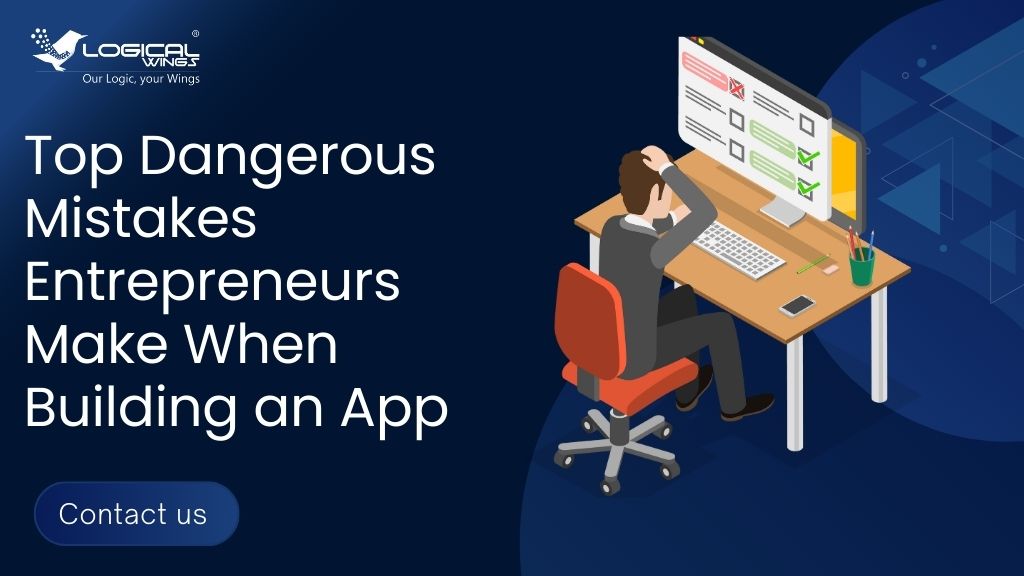
In the digital economy of 2026, eCommerce has evolved from being an optional sales channel to a core business strategy. The way consumers shop, interact with brands, and make purchasing decisions continues to be reshaped by technology, personalization, and seamless user experiences.
However, many businesses still struggle with one key question: How do you build an online store that stands out, scales with your business, and delivers long-term ROI?
This comprehensive guide explores the future of eCommerce website development, from understanding what makes a custom eCommerce platform unique to uncovering best practices for building scalable digital stores. Whether you’re launching your first online store or modernizing an existing one, this resource will equip you with the insights you need to make informed, growth-oriented decisions.
What Are Custom eCommerce Websites?
A custom eCommerce website is a tailored digital store built from the ground up to match your brand’s vision, operational requirements, and customer journey. Unlike off-the-shelf platforms or pre-built templates, custom eCommerce solutions give businesses the flexibility to design every component—user interface, payment systems, integrations, and backend architecture—to fit unique business goals.
Key Features of Custom eCommerce Websites:
- Personalized User Experience:
Every design and function is aligned with your brand identity and audience behavior. - Scalable Architecture:
Easily accommodates growth in products, customers, and data. - Custom Integrations:
Connects seamlessly with CRMs, ERPs, payment gateways, logistics systems, and analytics platforms. - High-Level Security:
Built with robust data protection measures and compliance standards. - Ownership and Control:
You own the website code, data, and overall infrastructure—unlike rented SaaS platforms.
By partnering with an experienced ecommerce website development company, organizations can build a platform that doesn’t just sell products—but also delivers immersive shopping experiences that convert.
The Future of eCommerce Website Development
The eCommerce landscape in 2026 is rapidly transforming, shaped by innovations in AI, machine learning, AR/VR, and automation. Businesses that embrace these technologies are achieving higher conversions, reduced operational costs, and stronger customer relationships.
Emerging Trends Defining the Future:
- AI-Powered Personalization:
AI engines analyse user behaviour to deliver product recommendations, personalized emails, and real-time offers. - Voice Commerce:
With smart speakers and AI assistants, customers can shop using voice commands. - Augmented Reality (AR) Shopping:
Virtual try-ons and 3D product previews enhance online buying confidence. - Headless Commerce Architecture:
Separates the frontend and backend, allowing faster updates and omnichannel experiences. - Sustainable and Ethical Commerce:
Consumers are gravitating toward eco-conscious brands, influencing how sites are designed and marketed. - Mobile-First Experiences:
In 2026, over 75% of eCommerce transactions are projected to occur on mobile devices.
The future belongs to businesses that combine cutting-edge design with intelligent automation—and a reliable eCommerce Development Company in New York can help turn that vision into a scalable, future-proof platform.
Can I Get a Fully Customized Theme for My Online Store?
Absolutely. One of the biggest advantages of investing in custom eCommerce website development services is complete control over your store’s theme, layout, and branding.
Why Custom Themes Matter:
- Brand Consistency:
Ensures your online presence reflects your brand identity across all digital touchpoints. - User Experience Optimization:
Every design element—from colours to navigation—is based on your audience’s behaviour. - SEO Advantage:
Clean, optimized code and faster loading times improve your website’s ranking potential. - Conversion-Focused Design:
Tailored landing pages, product layouts, and checkout experiences maximize sales.
Whether you’re building on Shopify, Magento, WooCommerce, or a completely custom framework, expert ecommerce web developers can craft themes that balance aesthetics, usability, and conversion science.
Can I Allow Other Vendors to Sell on My eCommerce Website?
Yes—and that’s where multi-vendor marketplace development comes in.
A multi-vendor platform allows multiple sellers to list, manage, and sell products on your site, while you (the admin) control the overall platform, commission models, and vendor approvals.
Benefits of a Multi-Vendor eCommerce Website:
- Expanded Product Range:
Attracts more customers with a wider variety of products. - Increased Revenue:
Earn through commissions, subscriptions, or vendor listing fees. - Shared Responsibility:
Vendors manage their own inventory and shipping, reducing your workload. - Scalability: As the number of vendors grows, so does your traffic, revenue, and brand presence.
A professional eCommerce Development Services in New York provider can help you integrate vendor management systems, automate commission structures, and ensure seamless order fulfilment across the platform.
When eCommerce Website Development Is Important
In the post-pandemic business environment, a robust eCommerce presence is no longer optional—it’s a growth essential.
Here’s Why It Matters:
- Global Reach:
Break geographical boundaries and reach customers anywhere, anytime. - Data-Driven Insights:
Track behaviour, preferences, and sales trends to make informed decisions. - Customer Retention:
Personalized shopping experiences foster loyalty and repeat purchases. - 24/7 Sales Channel:
Your store never closes, maximizing revenue potential. - Operational Efficiency:
Automates inventory, billing, and logistics for streamlined performance.
For organizations looking to expand in 2026, partnering with an expert ecommerce website development company ensures not only a strong online presence but also the right strategy for sustainable digital growth.
Step-by-Step Process of eCommerce Website Development
Step 1: Discovery Requirement Analysis
Gather insights about your target market, goals, and competitors to create a roadmap aligned with your brand vision.
Step 2: Platform Selection
Choose between open-source (Magento, WooCommerce), SaaS (Shopify, BigCommerce), or custom frameworks based on scalability and budget.
Step 3: UI/UX Design
Craft intuitive interfaces and seamless navigation to ensure visitors enjoy a frictionless shopping experience.
Step 4: Backend Development
Set up core functionalities—product management, payment gateways, CRM, order tracking, and more.
Step 5: Integration of Plugins APIs
Add features such as email marketing tools, AI chatbots, social media integration, and third-party logistics.
Step 6: Testing Quality Assurance
Perform rigorous testing for performance, speed, security, and compatibility across devices.
Step 7: Deployment Launch
Deploy the website to a live environment, ensuring smooth user access and stable performance.
Step 8: Maintenance Optimization
Ongoing updates, security patches, and analytics-driven improvements to sustain business growth.
When done right, this process—led by a trusted eCommerce Development Company in New York—ensures that your store is not only visually appealing but also technically and conversion-focused.
Can You Customize Any of the Existing Plugins on My eCommerce Website?
Yes. Experienced ecommerce web developers can modify or extend the functionality of existing plugins to better suit your business model.
For example:
- Customizing shipping modules to support region-specific delivery rules.
- Enhancing payment gateways for multi-currency transactions.
- Tweaking inventory management plugins to sync with ERP systems.
- Adding AI-powered recommendation engines for upselling and cross-selling.
Plugin customization ensures your eCommerce platform stays efficient, user-friendly, and aligned with your operational goals without having to rebuild everything from scratch.
FAQ’s
Conclusion
The eCommerce revolution in 2026 isn’t just about selling—it’s about building ecosystems that connect, engage, and retain customers. As digital expectations continue to rise, businesses must invest in platforms that deliver performance, security, and unmatched customer experiences.


